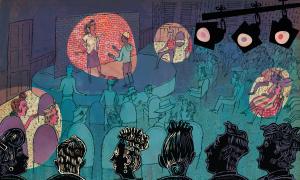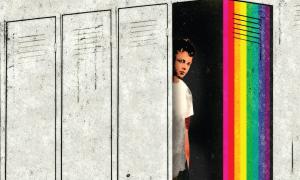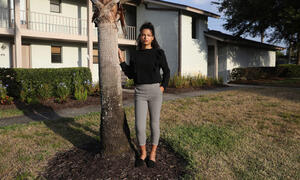text
Informational
What to the Slave Is the Fourth of July?
“What to the Slave is the Fourth of July?” was a speech given by abolitionist and former slave Frederick Douglass on July 5, 1852, in Rochester, N.Y., at an event commemorating American independence.
July 3, 2014


